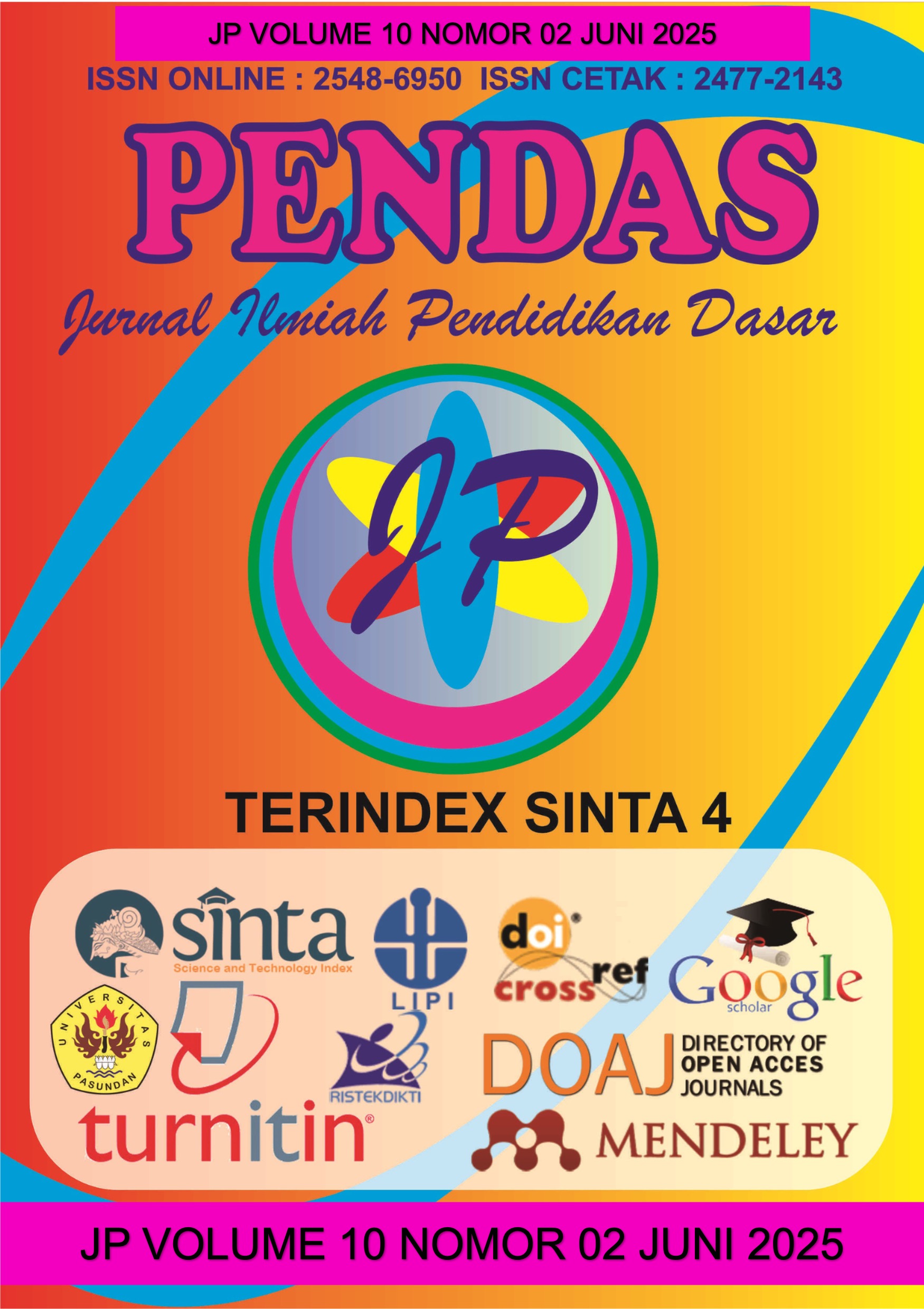STRATEGI MANAJEMEN MUTU DALAM MEMBANGUN HUBUNGAN SALING MENGUNTUNGKAN ANTARA SEKOLAH DAN KANTIN SEKOLAH
DOI:
https://doi.org/10.23969/jp.v10i02.24529Keywords:
quality strategy, school-canteen relationship, cooperationAbstract
This study aims to identify quality strategies in building mutually beneficial relationships between schools and school canteens. The research method used is a case study with qualitative analysis. The results of the study indicate that effective quality strategies in building mutually beneficial relationships between schools and school canteens include: Effective communication: Schools and school canteens must have effective communication to understand each other's needs and expectations. Good cooperation: Schools and school canteens must have good cooperation to achieve common goals. Quality control: Schools must supervise the quality of food and drinks sold in school canteens. Healthy menu development: School canteens must provide healthy and nutritious menus for students.
Downloads
References
Antoniadou, M. (2024). and and Food Chain : The Gateway to Oral and Systemic Health. Food, 13(1224).
Burgess, P. R., Sunmola, F. T., & Wertheim-Heck, S. (2023). A review of supply chain quality management practices in sustainable food networks. Heliyon, 9(11), e21179. https://doi.org/10.1016/j.heliyon.2023.e21179
Girmanová, L., Šolc, M., Blaško, P., & Petrík, J. (2022). Quality Management System in Education: Application of Quality Management Models in Educational Organization—Case Study from the Slovak Republic. Standards, 2(4), 460–473. https://doi.org/10.3390/standards2040031
Grau-del-Valle, C., Llinares-Insa, L. I., García-Raga, L., & Roca-Campos, E. (2025). Successful Educational Actions for Sustainable Development: A Systematic Review of Training for Employability Development of Vulnerable Groups. Education Sciences, 15(2), 1–25. https://doi.org/10.3390/educsci15020247
Maljugić, B., Ćoćkalo, D., Bakator, M., & Stanisavljev, S. (2024). The Role of the Quality Management Process within Society 5.0. Proceedings on Engineering Sciences, 14(7). https://doi.org/10.3390/soc14070111
Medne, A., Lapina, I., & Zeps, A. (2022). Challenges of Uncertainty in Sustainable Strategy Development: Reconsidering the Key Performance Indicators. Sustainability (Switzerland), 14(2). https://doi.org/10.3390/su14020761
Paraskevi Chatzipanagiotou, & Eirene Katsarou. (2023). Crisis Management, School Leadership in Disruptive Times and the Recovery of Schools in the Post COVID-19 Era: A Systematic Literature Review. Education Sciences, 13, 1–29.
Silva, C. S., Magano, J., Matos, A., & Nogueira, T. (2021). Sustainable quality management systems in the current paradigm: The role of leadership. Sustainability (Switzerland), 13(4), 1–21. https://doi.org/10.3390/su13042056
Willemsen, A., Wiggins, S., & Cromdal, J. (2023). Young Children’s mealtimes and eating practices in early childhood education and care: A scoping review of 30 years of research from 1990 to 2020. Educational Research Review, 38(February 2022). https://doi.org/10.1016/j.edurev.2022.100503
Downloads
Published
Issue
Section
License
Copyright (c) 2025 Pendas : Jurnal Ilmiah Pendidikan Dasar

This work is licensed under a Creative Commons Attribution 4.0 International License.














































